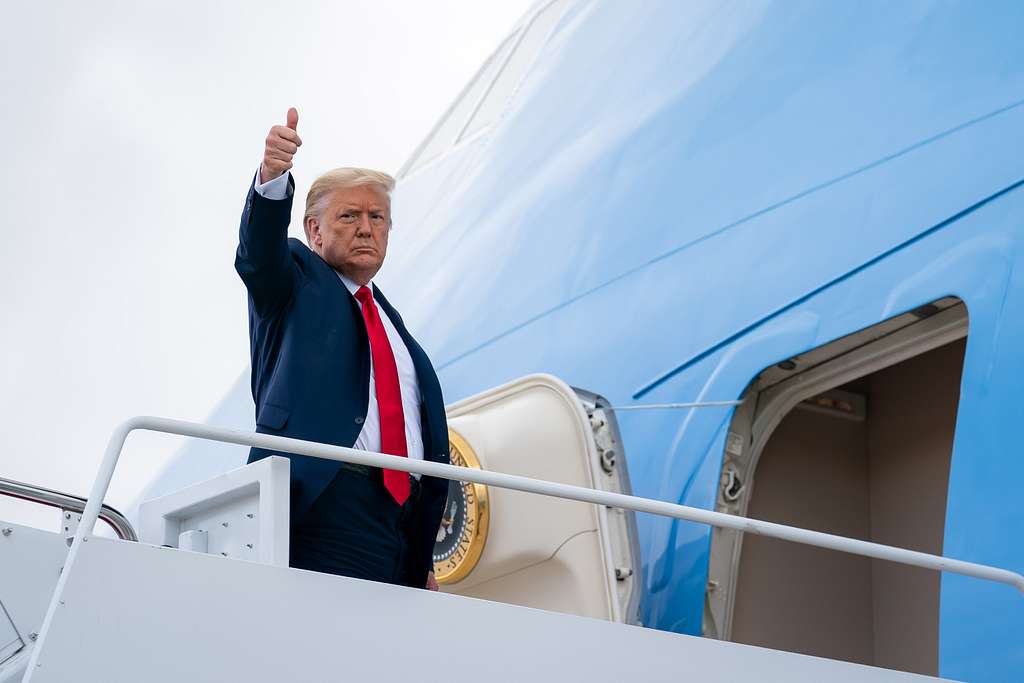On August 14, 2023 in Fulton County, Georgia, District Attorney Fani T. Willis indicted former President Donald Trump on 13 Racketeer Influenced and Corrupt Organization (RICO) counts. This is the fourth time Trump, the first former president to face criminal charges, has been indicted. He has been charged with crimes ranging from mishandling classified documents to business fraud across Georgia, Virginia, Florida, and New York.
The RICO law that Trump was charged with violating in Georgia is designed to allow the government to prosecute multiple crimes at once by arguing that they were committed in service of a larger enterprise.
In an interview with The Urban Legend, Sarah O’Connor, deputy public defender in Santa Clara County, said, “RICO is designed to capture these large-scale conspiracies … You don’t necessarily have to prove beyond a reasonable doubt that this individual committed concrete actions.”
Prosecutors examined Trump’s efforts to alter Georgia’s vote in the 2020 Presidential election and determined that he created an illegal enterprise to overturn the election. The indictment states that he directed people in that enterprise — including former White House Chief of Staff Mark Meadows and New York Mayor Rudy Giuliani — to threaten poll workers and create fraudulent electors to overturn Georgia’s vote. Giuliani, Meadows and 16 other co-defendants have been indicted in the Georgia case.
The next two of Trump’s four indictments are led by Federal Special Counsel Jack Smith. The first case deals with charges related to the January 6, 2021 insurrection. Prosecutors claimed that Trump used his political power to interfere with Congress’ attempt to certify that President Joe Biden won the election. The jury will determine whether Trump’s speeches approached criminal action and interfered with the democratic process.
“It is well-established that the First Amendment does not protect speech in furtherance of a crime,” said University of California College of the Law, San Francisco Professor Reuele Schiller in an interview with The Urban Legend. “If Trump did not have criminal intent when he attempted to disrupt the counting of the electoral votes, then his speech is protected under the First Amendment, and he will be acquitted.”
The second case led by Smith is centered in Florida. Prosecutors say that Trump took classified documents from the White House and hid them in his Mar-a-Lago resort basement – allegedly showing journalists a copy of a US plan of attack in Iran and discussing nuclear submarines with an Australian businessman. When the government asked Trump to return the stolen documents, he refused. According to the indictment, he and his aides hid the documents and deleted incriminating security footage before an FBI raid on his resort.
The judge in this case is Aileen Cannon, who was nominated by Trump to be a judge for the Southern District of Florida in 2020. Cannon has previously made controversial decisions in the case, accepting a request by Trump’s lawyers to review the documents he allegedly stole that the lawyers claimed were declassified or ineligible for trial. This decision was rejected in a public rebuke by a higher appellate court. This episode led some to question Cannon’s judicial ability.
Urban’s Constitutional Law Teacher Kristjiana Gong worried about Cannon’s commitment to honoring established case law. She said, “I think that we are in a position where the extent to which the judge feels like they are subject to precedent [is important]. Everything is a wildcard now.”
The final case, brought by the Manhattan District Attorney’s (DA) office, said that Trump, using funds from his 2016 presidential campaign, paid former adult film star Stormy Daniels to stay quiet about their sexual relations. If a jury finds him guilty on these counts it would violate state laws on business records and potentially federal campaign finance.
The legality of this charge is contentious. “It is unclear, as a matter of law, whether the New York statute allows the DA to use an uncharged federal violation as the predicate act for the New York business records law,” said Schiller.
Schiller feels that the charges are a reflection of Trump’s career. “[Trump] spent his entire career abusing the legal system and getting away with it because he had more legal resources than the folks he was litigating against,” he said. “He’s incapable of using the system in an ethical way.”


